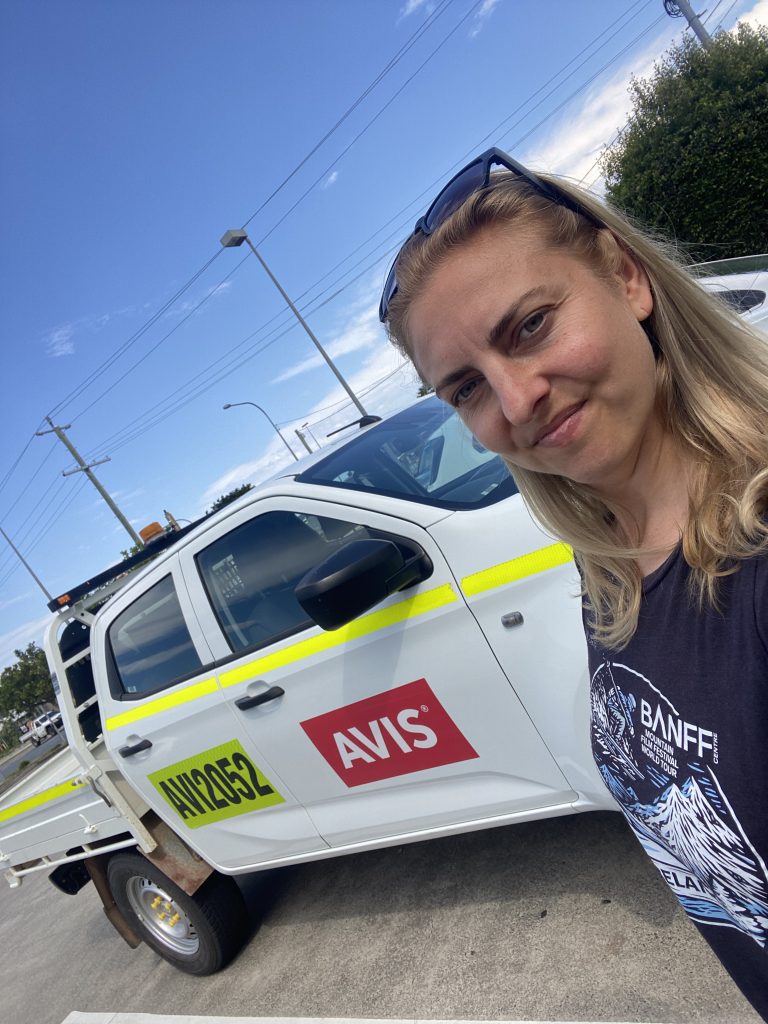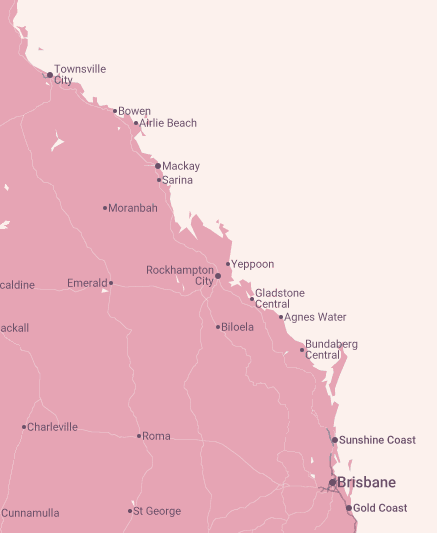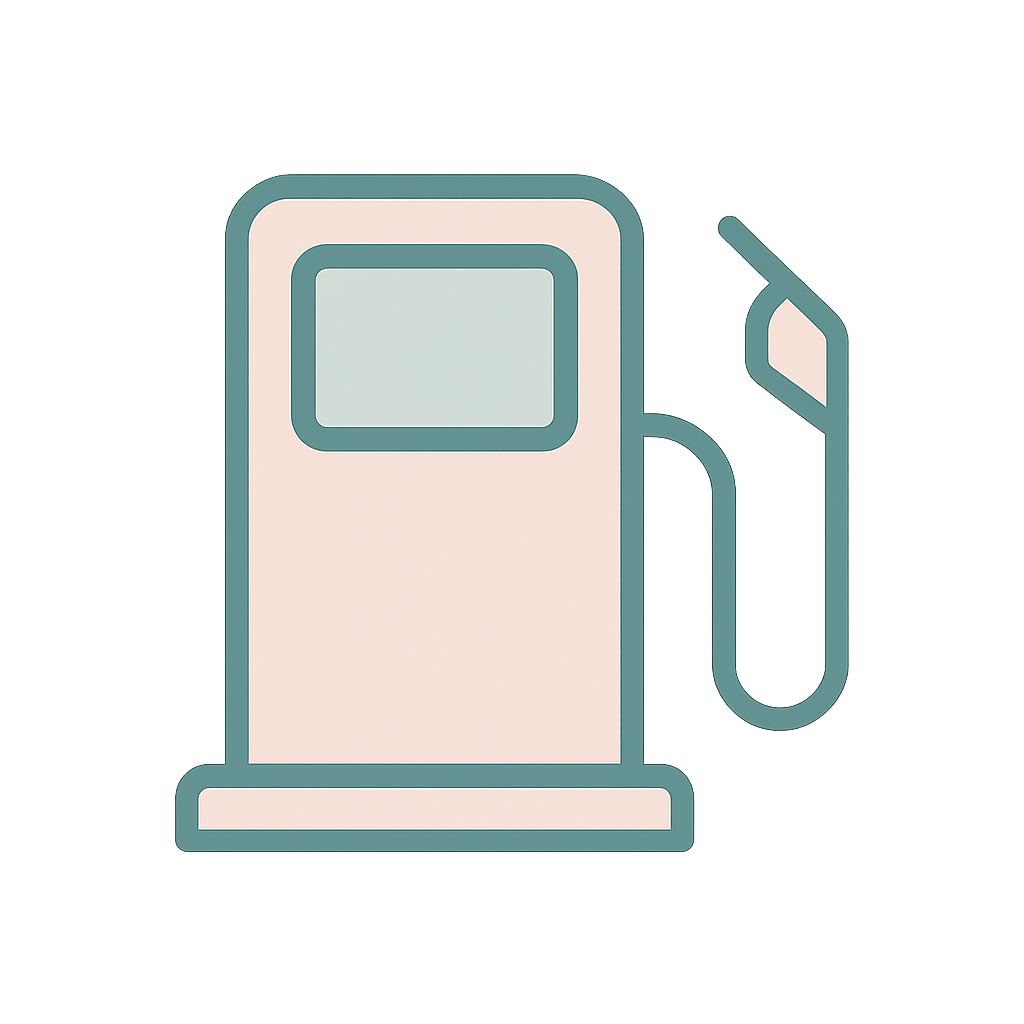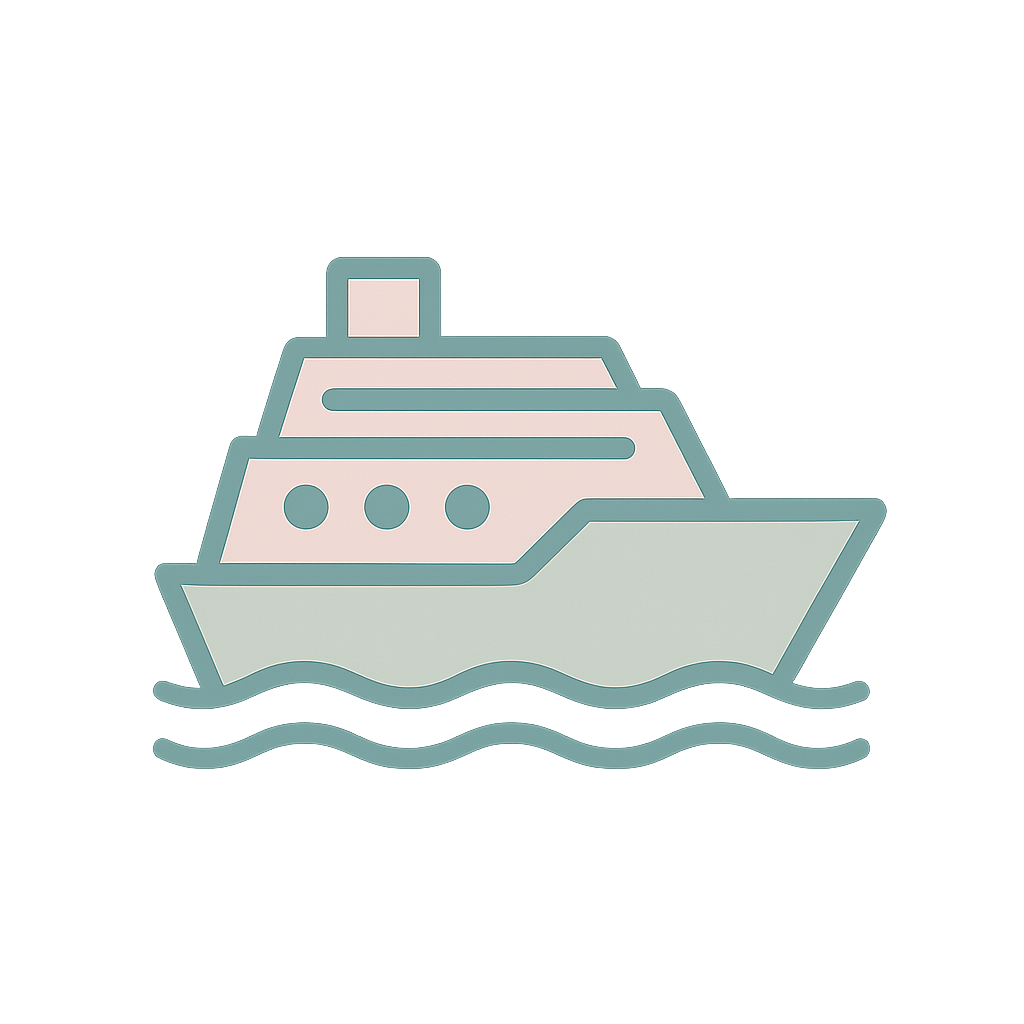Car Relocations
From A to B for Free (Well, Almost)
Because apparently, rental companies hate paying drivers.
I originally came to Australia for just three months. After Flip (my Toyota Estima with plenty of character) gave up on me at the very end of my year in New Zealand, I didn’t have the budget — or the desire — to buy and sell another car.
Then I heard about car relocations.
A vehicle or campervan, practically for free just to get it from A to B? It sounded… too good to be true. Or at least like there’s a catch, and even the catch has a catch. But I was curious. And desperate for wheels. Which is a powerful combination.
Since then, I’ve done around eight relocations across Australia — everything from tiny cars to utes to full-size campers. And while it’s not all glam and glossy road trip dreams, it’s a surprisingly brilliant way to get around on the cheap.

What’s a Car Relocation, Anyway?
Rental companies often find themselves with a problem: cars and campervans returned in the wrong city. Rather than paying staff or trucking companies to move them, they offer up those vehicles to travellers — sometimes for free, sometimes for just a dollar a day — if you’re willing to drive them to where they need to be.
You get a vehicle, a fixed time window, and a start and end location. In exchange, they get their car back to where it’s needed. Sometimes there are sweeteners: a fuel allowance, a free tank, or even a night or two in a campground if it’s a campervan relocation. Sometimes… there’s just the keys and a prayer.
If you’re flexible, fast-moving, and fine with tight timelines, it’s a great little hack for budget travel — especially in places like Australia and New Zealand where rental rates can be eye-watering.
Let’s get into the details.
Fact Sheet: The Nitty-Gritty
Where to find them

Some companies like Jucy, Apollo, Bargain Rentals, and Britz list deals directly on their own sites
Yes, there are costs

- Fuel – some might be included, but for longer journeys and bigger cars, this can add up.
- Extra days are sometimes available to purchase, price varies
- Bond or deposit is usually required (refunded if all goes well).
- Optional (but heavily pushed) insurance add-ons can bump the price — read carefully.
- Tolls aren’t usually included, and often incur an absurd processing fee
- Extra km if not unlimited
From the fine print

Rental company is often hidden until after you confirm.
You must return the car by a specific time/date — often measured in hours, not calendar days.
Fuel policy varies. Some give you a full tank, some expect you to refill.
- Driver age restrictions my apply

Looking for it: Swiping Right on My First Car Relocation
I was in Brisbane when I first started exploring car relocations. It was September and the advice was clear: head north before the wet season hits. So I started searching for something on the Brisbane to Cairns route — that’s a whopping 1,800km.
Most campervan relocations want that done in four days. Four. Days. Keep in mind: you can usually pick up the camper around 9 or 10am, after spending 30–60 minutes on paperwork, and you’ll need to return it by 3pm on the final day. That’s not exactly a leisurely sightseeing trip. Plus, driving after dark is discouraged thanks to the kangaroo chaos — sunset can be as early as 6pm, even in summer.
I knew I wouldn’t enjoy that kind of travel. My goal was to actually see things along the way, and I was happy staying in hostels. So I kept my eye on cars rather than campervans. Eventually, a mine spec ute popped up with perfect timing: Brisbane to Townsville, 1,400km, and a generous 7-day window. Game on.
Was I slightly intimidated by the idea of a giant ute? Absolutely. Was I also a little giddy driving that beast? Definitely.

Picking it up: The Bit With the Forms and the Hidden Fees
I chose a midday pickup time so I’d have until noon on the final day to return the vehicle. The ute was booked through Imoova for $1/day plus a $50 booking fee. It was supplied by Avis, and after confirmation, I got a link for online check-in — uploading my driver’s licence, passport, credit card, and personal details in advance.
I have a UK driver’s licence, which is fine for Australia. If your licence is in another language, you’ll need an International Driver’s Permit. You’ll also need a credit card for the bond and a physical form of ID — even if you upload documents online, bring the actual cards with you.
Now, let’s talk about everyone’s favourite topic: insurance.
Most companies will offer extra coverage to reduce your excess — which is often terrifyingly high. We’re talking thousands of dollars, and in most cases, you’re responsible regardless of fault. The add-on insurance can easily be $60 a day. You’ll be given the option at pickup, so it’s up to you whether you want the peace of mind.
Personally, I’ve never taken the extra insurance. I like to think all the money I’ve saved will eventually go toward one big repair bill when my luck runs out.
Some credit cards include car hire insurance or excess reduction — worth checking before you book.
Once the paperwork’s done and the keys are in hand, it’s time to hit the road. Rental companies often provide a condition report, but I recommend taking your own photos. I’m terrible at this and always end up second-guessing every scratch and chip. So do future-you a favour and snap some pics.
On the Road: Surprisingly Efficient Roadside Assistance
Of course, things can go wrong.
I once picked up a tiny MG3 from Bargain Rentals in Brisbane, headed for Sydney. By the time I got to the Gold Coast, I was certain something wasn’t right. I called roadside assistance and was pleasantly surprised — after some voice prompts, I was connected to a mechanic who coordinated everything via text, including my location and ETA.
Getting through to Bargain Rentals, however, was less efficient. I was on hold for over an hour, forced to bond with their queue music.
The mechanic eventually arrived and found thirteen faults on the diagnostics, including a misfiring engine. The car was towed to the Gold Coast location, and I was swapped into a newer, better (and significantly less terrifying) vehicle. I even managed to negotiate a later return time to make up for the delay.
Drop off: Parting Ways
I am incurably anxious on the final day of a relocation, no matter how smoothly things have gone. I usually stress about getting the car back on time — and most of the time, I didn’t need to.
The level of flexibility depends on the vehicle type and the rental company. Campervans typically need to be signed off by a person in the office, while cars are often fine to return after hours with a key drop.
I try to get a feel for this during pickup — sometimes they’re relaxed, sometimes not. When I returned my JUCY camper after driving the Great Ocean Road (read the full story here!), I called on the day and got a few extra hours as long as I returned before closing.
Rental companies rarely care how clean the car is. I’ve driven through plenty of dust and mud, but I always remove my rubbish and double-check I haven’t left anything behind. Campervans may require you to empty the waste tank (fun!) or clean specific areas — check the terms.
Once the return is complete, you’ll usually receive a final email confirmation. If you’re near an airport, some relocations include a free shuttle to the terminal. Otherwise, it’s a bus or Uber to your next stop.
Some Deals I Have Come Across
Fuel Reimbursement

Some relocations offer partial or full fuel reimbursement — usually by submitting receipts after the trip.
Occasionally, you’ll receive the vehicle with a full tank and are allowed to return it empty.
Ferry Tickets

To or from Tasmania, the ferry crossing for the camper van and driver may be included (prepare yourself for a night in a recliner chair).
The Spirit of Tasmania is not exactly cheap, so you are looking at savings in the hundreds of dollars.
Return Flight

I once saw a relocation to Darwin that included a free return flight to Melbourne.
That sounds like an epic adventure if the time and place are just right.
Platforms: Same Destination, Different Drama
Transfercar and Imoova are the two sites I’ve used for all my relocations. They have the most vehicles available, often the same ones, but it is worth checking both sites for more options. Both have their quirks, but they’re reliable enough — once you know what to expect. Here’s how they stack up:
| Feature | Transfercar | Imoova |
|---|---|---|
| Booking Fee | None — what a delight | $50 standard (sometimes more for campervans) |
| Website Vibes | A little retro, a little clunky | Sleek and modern |
| Booking Process | You request — they can decline without explanation | Can take up to 2 business days for confirmation (weekends are risky) |
| Cancellation | Generous: $25 if 48+ hrs, 50% if <48 hrs, 100% no-show | Brutal: no refund after confirmation |
My take?
Transfercar is great if you’re flexible and don’t mind a little unpredictability.
Imoova feels a bit more polished — but you’ll pay for that convenience, both in booking fees and lack of cancellation wiggle room.
Final thoughts
Car relocations aren’t for everyone. They require flexibility, fast decisions, and a healthy sense of humour when things inevitably go sideways. But if you’re a budget-conscious traveller who doesn’t mind a deadline and can pack light(ish), they can open up some fantastic road trip opportunities for next to nothing.
They’ve helped me explore more of Australia than I ever expected, from beach towns I’d never heard of to dusty roads I probably shouldn’t have driven down. Sure, there have been hiccups — faulty engines, rushed mornings, insurance debates — but there have also been epic views, surprise detours, and the occasional smug moment of “I’m doing this trip for one dollar.”
So if you’re thinking about it? Do it once. See how it feels. Just take the photos before you drive off.
